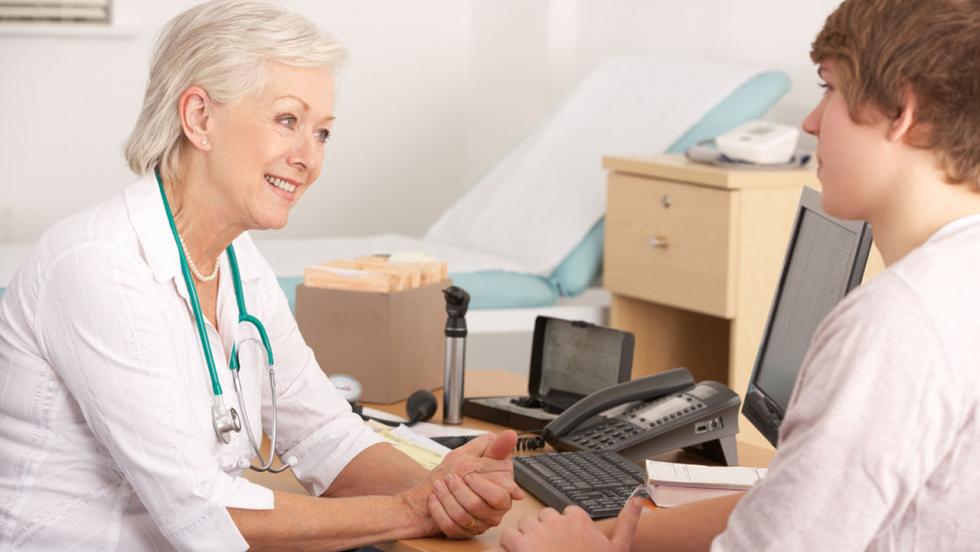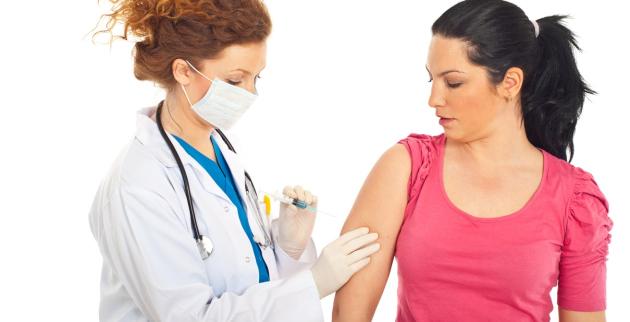Finding a GP (Doctor)

GP stands for General Practitioner. It describes a doctor who sees people for non-emergency medical help.
Crucial: If you think you need medical help but aren't sure you can call 111.
Finding a GP
You can find a list of local GP services on the NHS website by entering your postcode.
If you are aged 16+ you can register with a GP yourself. If you are younger, you will need a parent or carer to register for you.
Crucial: You can see your doctor on your own and have a confidential discussion, but they may need to speak to a parent or carer before giving treatments.
Booking an appointment
You can book an appointment to see a doctor or nurse anytime and you can do this online or by contacting your surgery.
Instant Expert: This guide from RCPHC offers information on the process and what to expect from a health appointment.
What can I see my GP for?
Doctors offer information, advice, and support on lots of different things relating to your health. This includes:
- Health problems
- Mental wellbeing
- Sexual Health
Most illnesses improve on their own or with over-the-counter treatments. But if you have an illness that is getting worse, or if you have been ill for more than a few days, then you may need more help. You can speak to your pharmacist, GP or NHS 111.
Crucial: Your pharmacist can help with lots of common illnesses, as well as suggest medications and help with things like travel vaccination and contraception, including emergency contraception.


